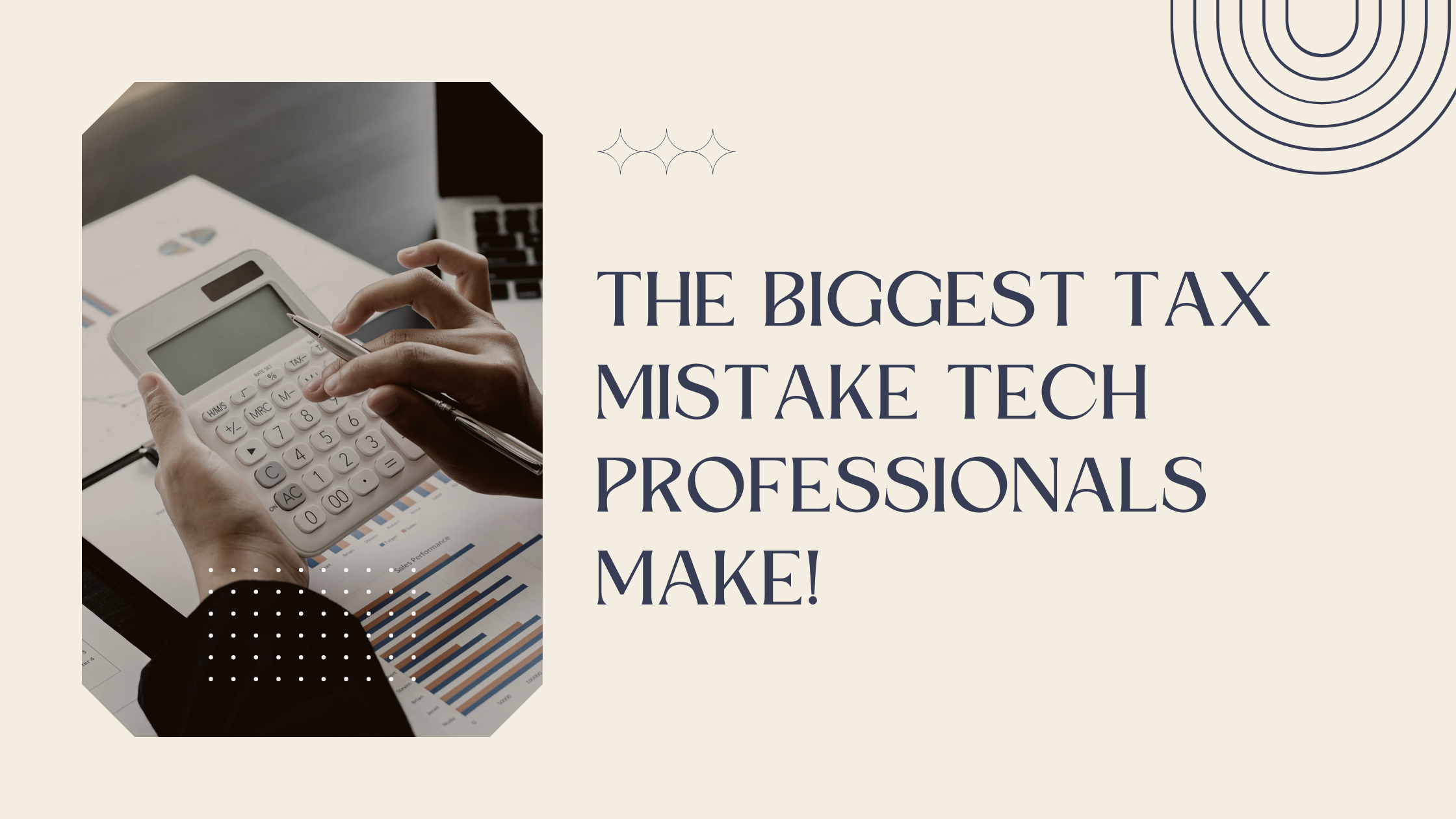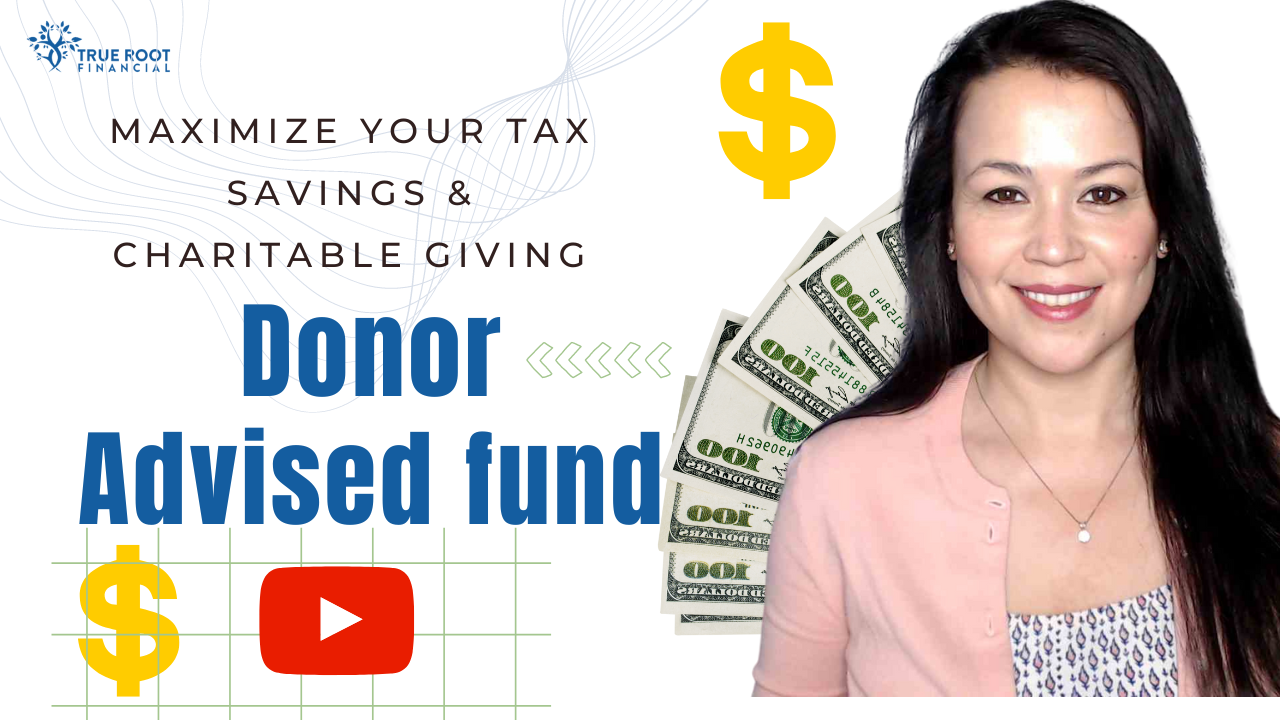How to pay yourself as a business owner
Roshani Pandey is a financial advisor and founder of True Root Financial. True Root Financial is located in San Francisco, CA and serves clients across the globe.
As a business owner, you might not pay yourself adequately, choosing instead to reinvest in the business. Or as a small business owner, you might not pay yourself consistently because you can always take a distribution for your personal expenses, as needed.
In this article, we will first examine the reasons why it is important to consistently pay yourself as a business owner. Secondly, we will discuss what the adequate amount is. Lastly, we will discuss the best payment method, depending on the business structure.
Why having a consistent pay matters
When you first start a business, paying yourself might not even be a priority. Your focus, at that point, was likely developing your product or service and a customer base. Since the revenue was still uncertain, so was your compensation. Hence, you might pay yourself, depending on what was available after paying business expenses.
Once your business grows and attains some stability, it is necessary to pay yourself consistently for the following reasons:
Balance personal and business priorities
Your personal priorities include your own life goals such as retirement, college for your children, your spouse staying at home with kids, etc. If you’ve just been paying yourself as the need arises, you likely haven’t been planning for these big-cost items that will arise in the future.
Planning for these goals will inform you how much you need to compensate yourself in order to meet your personal priorities. Having a consistent pay will in turn allow you to achieve these goals.
Plan more effectively for taxes
Tax planning is most effective when it is forward-looking. So, knowing how much you need to consistently pay yourself will allow you to figure out what the most tax-effective way to take the pay is. This will help you answer if you should take a salary or an owner’s draw or a bonus.
Know your needs before a business sale
Lastly, knowing what income you need will be important if you want to sell the business in the future. This may impact the valuation of the business. Additionally, separating your personal income needs from that of the business will make decision-making easier as you run the business.
How much should a business owner pay themselves?
Start by looking at your cashflows and goals. Your cashflow is a projection of your income and expenses from now until the end of your life. Once you project out your cashflow, you then superimpose your goals onto it. This will show you how much income you really need to fulfill all your goals.
Next, look at how much you can pay yourself, while also balancing your business priorities such as future growth. Besides the business expenses, make sure you keep enough to pay any estimated taxes.
The payment method depends on your business entity
Now, how you pay yourself will depend largely on how your company is organized. For this and other reasons, deciding on the business structure that best suits your needs is extremely important. Here are some common types of business structures and pay considerations:
Pass-through entities
Pass-through entities include business structures where the income of the business passes through to the owner, into their personal tax returns. Both sole proprietorships and S corps are pass-through entities.
For these kinds of entities, your total pay might consist of a salary and an owner’s draw. A salary is what a company pays its employees. An owner’s draw is what’s left for the owner after deducting all salaries, expenses and taxes from the business profit.
- Sole properetorship
This is the most basic business structure. Anytime you start a business without formally declaring a structure, you are operating as a sole proprietorship.
If you registered an LLC but have not made any tax election, you are also a sole proprietor.
In this structure, all your pay comes from the owner’s draw. For tax purposes, the income is treated as self-employment income. So, besides normal income taxes, you will also pay self-employment tax. Self-employment tax includes payroll taxes (social security and medicare). You will pay both the employee and the employer portion of the payroll taxes.
- S Ccorp
Many small business owners, as well as self-employed professionals, choose to make an S Corp election to reduce self-employment taxes and save on their tax bill. If you made an Scorp election with the IRS, you are now required to take a salary. So, your compensation will be a combination of a salary and owner’s draw.
You will pay self-employment as well as normal income taxes on the salary, but only normal income tax on the owner’s draw.
You might be tempted to pay yourself as little salary as possible in order to save on self-employment taxes. But remember, the salary has to be reasonable, according to the IRS rules.
Secondly, your retirement contributions such as 401K, SEP or a cash balance pension plan will be based on the salary. Generally, it’s a good idea to maximize your retirement savings. So, when you determine your salary, make sure it is enough for you to contribute to your retirement accounts. After that, you may take additional pay from the owner’s draw as needed. Remember to always save enough for taxes.
Non-pass-through entities
- C corps
Unlike pass-through entities like a sole proprietorship or Scorp, C corps on the other hand are entities that exist independent of its owners, also known as shareholders. If your entity is a C Corp, the primary way that owners who also work for the company, pay themselves is through a salary.
The corporation can also pay its owners dividends. However, since the C Corp is an independent entity, these dividends come from the corporation’s owner’s equity pool after it pays taxes. Once shareholders receive dividends, they also pay a tax on it. In order to avoid this double taxation, owners might opt to take a bonus instead.
Pay yourself as a business owner
As you can see, determining your pay and executing the payment method involves knowing your personal finances as well as business aspirations. Having an advisor who can guide you through these issues, while also taking tax and business law into consideration is invaluable. If you’d like to find out how we help our business owner clients, please book an introductory call below:









Leave a Reply
Want to join the discussion?Feel free to contribute!